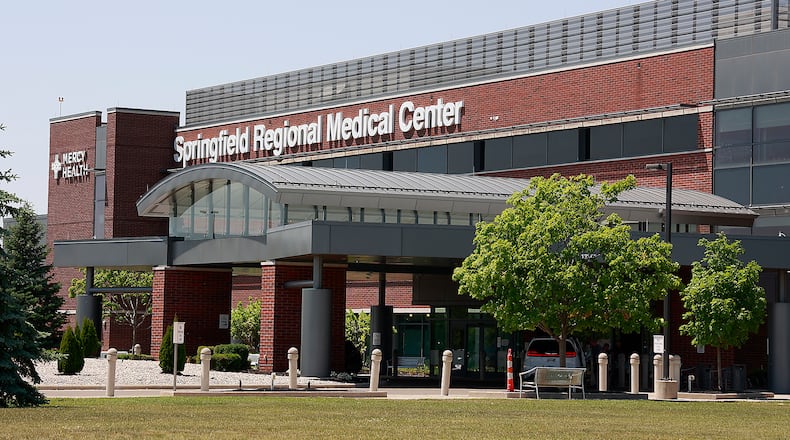“The goal is to ensure faster follow-up times for at-risk patients, because we know when it comes to potential cancer diagnoses, time is of the essence,” said Angela Wagner, registered nurse and lung cancer coordinator at the Mercy Health - Springfield Cancer Center. “We know by expediting the referral, evaluation, and management processes, we can reduce anxiety for patients and their families while also ensuring the appropriate care is delivered when it’s needed most. That timely intervention ultimately leads to better patient outcomes, and that’s what it’s all about – saving lives.”
November is nationally recognized as Lung Cancer Awareness Month.
Lung and bronchus cancer was the leading cause of cancer incidence and mortality in both Clark and Champaign counties, accounting for 17.8% of cancer cases and 29.3% of cancer deaths in Clark County compared to 15.6% of cancer cases and 29.0% of cancer deaths in Champaign County, ODH reported in 2021.
The program is referral-based and focuses on patients with specific lung cancer screening results.
It uses the Lung Imaged Reporting and Data System to classify screenings and match patients with the best care, according to the release. The classification system divides low-dose CT screening exams into categories to “help standardize follow up and management decisions.”
The categories go from 0-4X and higher numbers indicate a greater risk of malignant nodules. Those with a 3 or higher can be referred into the program, according to the release.
“We closely monitor all the screenings, and when a patient meets the criteria, we immediately reach out to initiate the referral process,” Wagner said in the release. “We also work very closely with the pulmonologists to allow for a fast and seamless transfer of patient information. This reduces the chances of oversight and ensures any at-risk patients don’t fall through the cracks.”
Pulmonary physicians Dr. David Monjot and Dr. Shakel Bahadur are “key collaborators” in the program, according to the release.
About the Author
